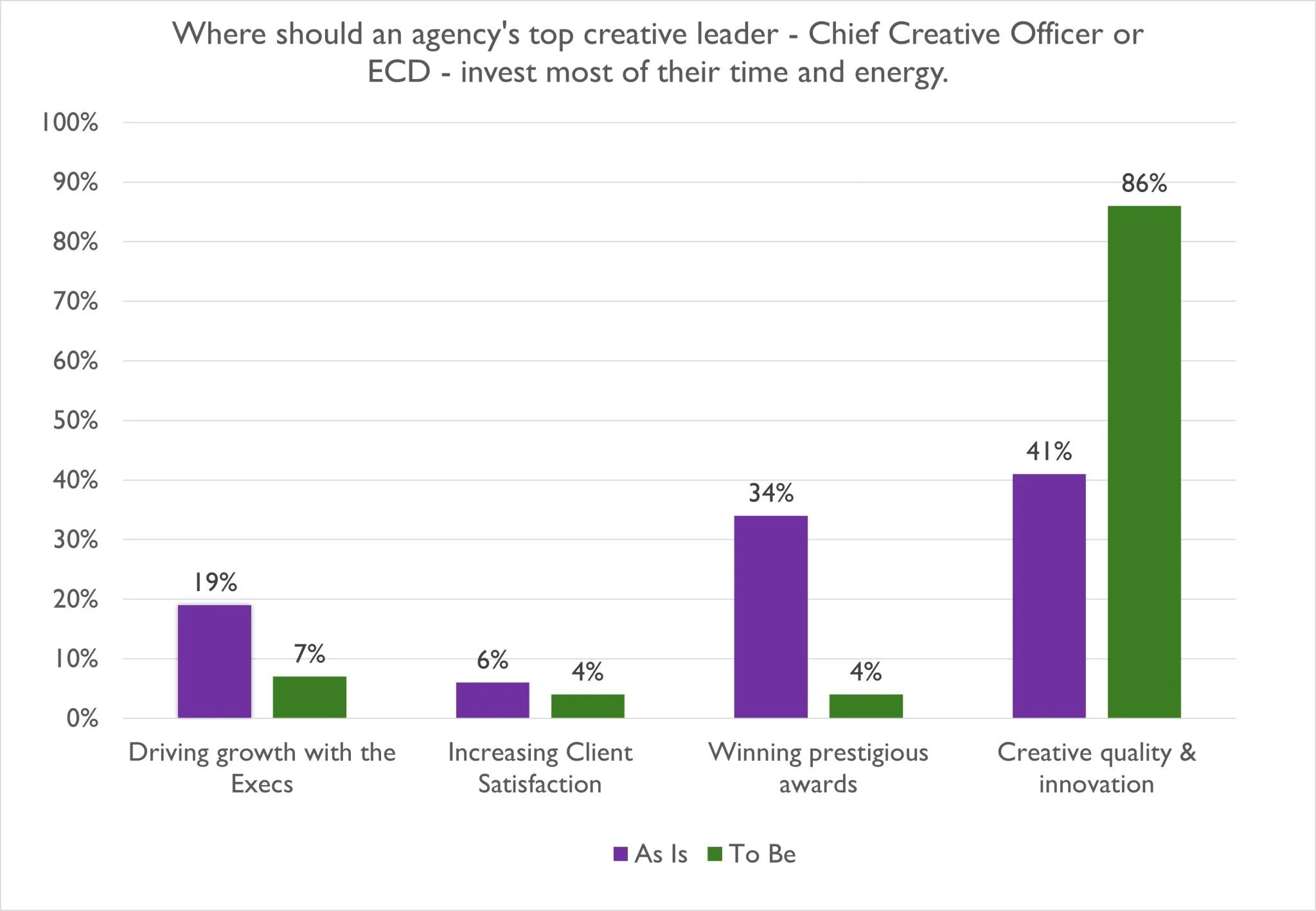How to start your team’s creative journey.
Start by knowing the source and power of divergent thinking.
“It may well be that creativity is the last unfair advantage we’re legally allowed to take over our competitors.”
I was having a internet disagreement with someone that 'execution is more important than strategy'. Obviously because my job is strategy I'm clearly biased, but I'm not my job.
I believe a word like “strategy” represents our imaginations and ability to envision the future. We can all do that.
The sayings go that we are what we do and we are here to be productive. We are not put on this Earth to be productive. We are not what we do. We simply are. We are here to live and try to figure out what that involves until we are not alive anymore.
“The meaning of life is just to be alive. It is so plain and so obvious and so simple. And yet, everybody rushes around in a great panic”
All of this somehow reminded me of creativity and the role of divergent thinking.
Where does it comes from and how to manifest it?
Firstly and obviously, I'm not a psychologist. I still decided to have a go at visiualising it.
Building high-performing creative teams has to mean more than just combining skills.
The starting point.
There is almost a team in creativity.
If creativity is about problem-solving, then you must build a team knowing that different people respond to problems in different ways, with different energies and sentiments.
To nurture creativity means to embrace the inconvenience that people can be weird and they have tendency not to agree [that's the divergent bit].
By understanding we all lie on a shifting spectrum of attitudes toward life, it's easier not to globally label or respond to different attitudes with a good / bad bias.
“Pessimism is the enemy, optimism is the answer!”
Like the making sugar, salt and fat the enemy, which has been the case for decades from governments. Science inconveniently disproves it.
“Be more realistic!”
Realism can trap a process in convergent thought.
The truth is complicated. Ideation is messy, best summed up by “the squiggle”.
There is always tension in creativity.
This is why your almost team has to be able to thrive with disagreement.
“Successful leaders manage conflict; they don’t shy away from it or suppress it but see it as an engine of creativity and innovation. Some of the most creative ideas come out of people in conflict remaining in conversation with one another rather than flying into their own corners or staking out entrenched positions. The challenge for leaders is to develop structures and processes in which such conflicts can be orchestrated productively.”
Tensions are a healthy part of creativity, you get knocked-back, you try to find a different way through. To be more innovative, the creative industry especially needs to revive the art of tension in their teams and briefs.
A Linkedin survey I conducted, revealed a mismatch between where effort is being expended in creative leadership and where it should be.
Creating the right foundations for quality and innovation means:
Investing time to establish trust, so that tensions can be handled safely.
Establishing ‘teamship’ rules of engagement clearly upfront and actively reinforcing them as behaviors, not just principles. Everyone has to be actively involved.
Investing time in creating connection. In Japan there is a saying “ichi ieba juwo shiru” or ‘hear one, understand ten’ where teams should be so in tune with each other, that detailed explanations aren’t necessary.
Debating the issues and decisions to be made to get to the next milestone, not feelings about other’s perspectives or decisions. Use open and closed forums wisely to create the right forums for debate and conflict resolution.
Using open and probing questions to air concerns. Remember that different personalities view and respond to problems in different ways, forcing one perspective, like optimism can distance people from the process.
Divergent thought has deep connection to mental health, personal vulnerabilities and pathological issues.
Therefore to create an environment of hyper-tension, will invariably lead to fatalism and break-down. It certainly won’t lead to many great ideas.
So maybe try not to do that.
As an aside, the right-most spot on the spectrum is for narcissists.
According to a study by Stanford university, upwards of 18% of CEOs might be considered narcissists, 3x more than the general population. They found that such CEOs are likely to place more importance on media attention and drive lower profitability.
Creativity needs the right kind of leadership.



